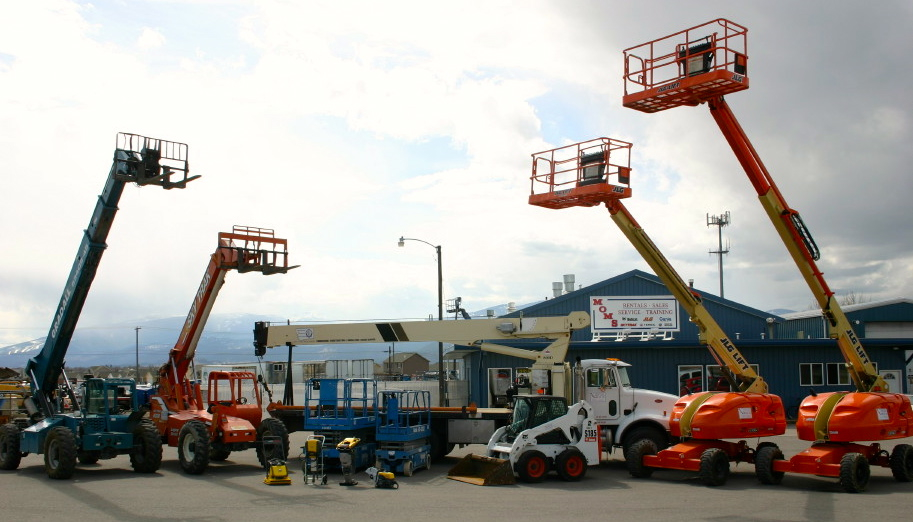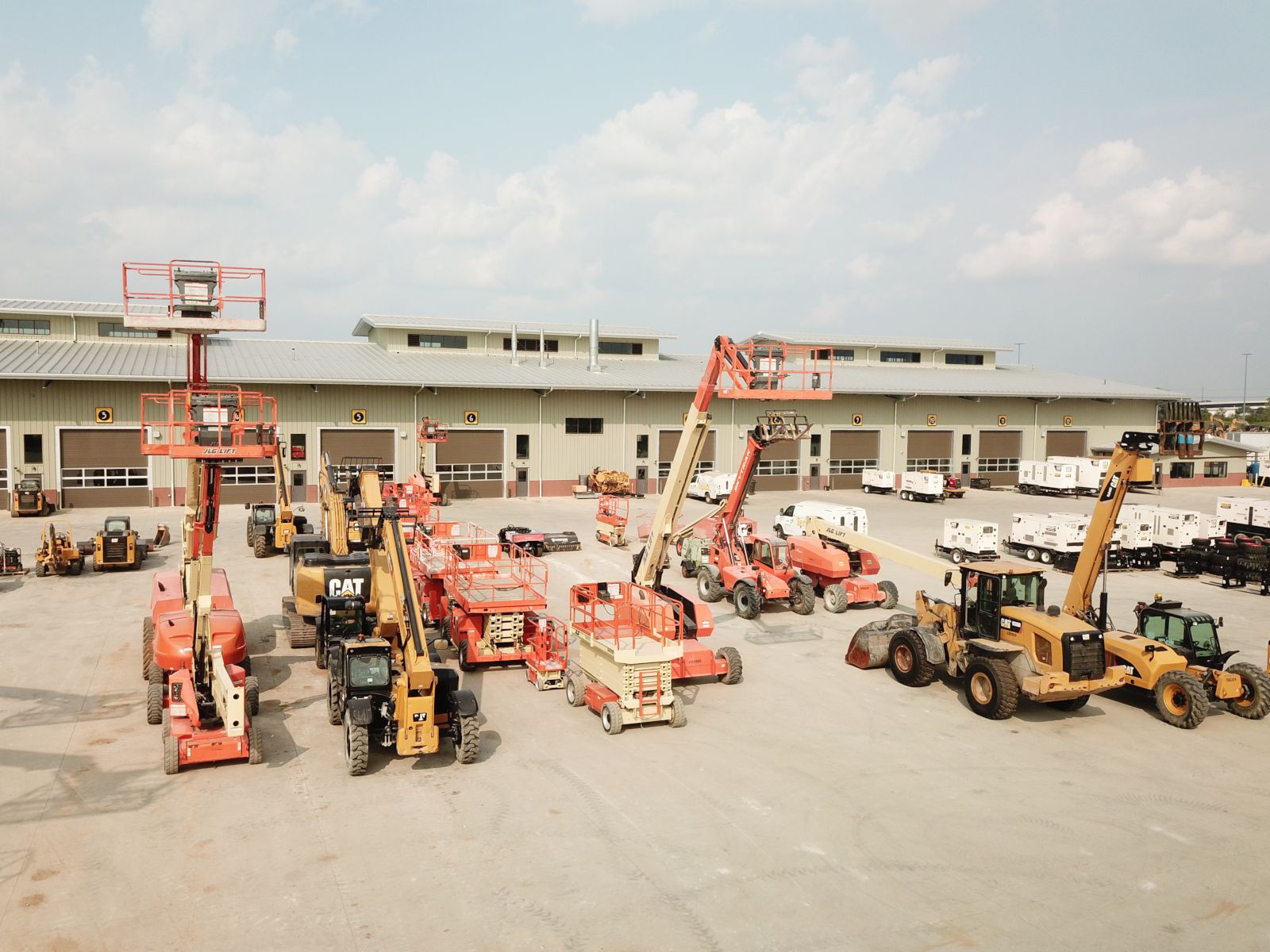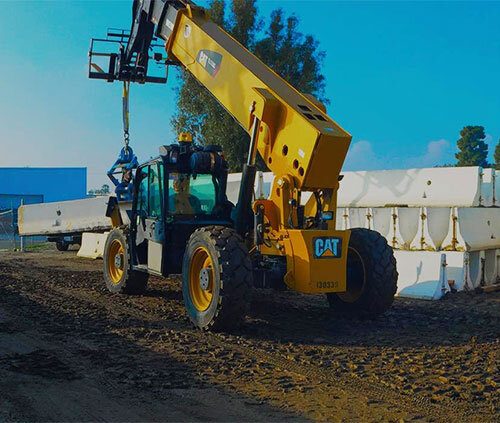Aerial Lift Rental: Versatile Training Solutions for High-Access Jobs
Aerial Lift Rental: Versatile Training Solutions for High-Access Jobs
Blog Article
Optimize Your Budget Plan by Understanding the Prices Related To Building And Construction Tools Rentals
Understanding the complete scope of prices related to building tools services is crucial for maximizing your budget plan. While the preliminary rental charge might seem simple, numerous extra expenses-- such as transport, gas additional charges, and upkeep-- can rapidly accumulate, influencing your financial planning. Additionally, understanding various costs and the details of rental arrangements can help avoid unexpected economic worries. What strategies can be used to effectively handle these prices and guarantee a more effective rental experience?
Review of Rental Expenses
When considering building and construction equipment rentals, recognizing the associated expenses is paramount for reliable budgeting and task planning. Rental expenses can differ substantially based on numerous aspects, including equipment kind, duration of leasing, and location. The preliminary rental cost often shows the tools's market demand and its connected functional abilities, influencing the overall cost.
In enhancement to the base rental price, supplementary costs may occur, such as transport costs, gas additional charges, and maintenance costs. It is important to make up these additional expenses to precisely analyze the total cost of renting equipment. In addition, the rental period can influence pricing; longer services may get reduced prices, while short-term rentals could incur greater daily fees.

Malfunction of Rental Rates
A comprehensive understanding of rental prices is crucial for service providers and job managers aiming to maximize their budget plans. Rental rates for building equipment usually include numerous parts, consisting of base rates, time-based costs, and use fees.
Base prices are the core fees related to the leasing of the equipment, often figured out by the type and size of the machinery. These rates can differ considerably, influenced by aspects such as devices demand, accessibility, and local market patterns. Time-based costs, which may be daily, weekly, or monthly, serve to accommodate different job timelines and rental durations.
Additionally, rental prices may include use charges, which are appropriate when tools is used past a defined limit, making sure that the rental company can make up damage. Seasonal need fluctuations can also impact rental prices, with peak construction seasons normally regulating greater rates.
Additionally, understanding the rental business's plans relating to maintenance and insurance can supply more insight right into the overall cost structure. By analyzing these parts, professionals can make enlightened choices, making certain the option of rental tools straightens with both project demands and spending plan constraints.
Additional Costs to Think About
Comprehending the details of additional fees is vital for professionals to pop over to this site manage their total service expenditures successfully. Beyond the standard rental prices, various supplementary costs can dramatically influence the complete price of equipment service. These costs usually consist of distribution and pick-up fees, which can differ based upon range and logistics associated with carrying the equipment to and from the task website.
Furthermore, some rental firms might impose fuel surcharges if the tools is returned with much less gas than when leased. It is also vital to know possible cleaning charges, particularly for specialized devices that calls for extensive upkeep after use.

Extensively assessing the rental agreement and clarifying these additional costs in advance can assist professionals make sure and prevent unanticipated expenses that budgets continue to be intact throughout the job lifecycle.
Upkeep and Repair Service Expenses
Routine upkeep and repair expenses are usually neglected variables that can substantially affect the general price of building tools services. When renting out equipment, it is vital to consider not just the rental costs but likewise the possible costs related to maintaining the machinery in ideal operating problem.
Many rental business consist of standard maintenance as part pop over to these guys of the rental contract; nonetheless, more unexpected break downs or substantial fixings can lead to additional expenses. It's important to assess the rental agreement carefully to recognize what upkeep services are covered and what obligations fall on the tenant.
In addition, equipment that is not well-kept can result in inadequacies at work website, potentially creating hold-ups and enhancing project prices. To minimize these threats, it is suggested to conduct normal assessments and keep open interaction with the rental copyright pertaining to any kind of problems that occur during usage.
Insurance Coverage and Liability Prices
Insurance policy and obligation costs are essential elements that can dramatically affect the overall expenditure of building and construction devices services (forklift rental). These expenses guarantee that both the rental firm and the customer are safeguarded from possible monetary losses arising from crashes, damage, or theft throughout the rental period

Additionally, clients need to recognize any type of deductibles or exemptions in the insurance policy, as these can impact possible out-of-pocket expenses. Understanding the terms of any insurance policy coverage is crucial to stay clear of unexpected prices. Eventually, budgeting for insurance policy and responsibility expenses can assist make certain a smoother rental experience and protect against monetary threats connected with building and construction tasks.
Conclusion
In final thought, an extensive understanding of the costs associated with building and construction tools leasings is necessary for efficient budget plan management. Ultimately, educated decision-making regarding tools services contributes to the total success of building undertakings.
Rental expenses can differ dramatically based on a number of elements, consisting of tools type, duration of service, and location (mini excavator rental). The rental duration can impact rates; longer rentals may certify for discounted rates, while temporary services might sustain greater daily charges
By carrying out detailed research study and involving with respectable rental firms, professionals can effectively browse the intricacies of rental rates, ultimately maximizing their financial sources.
Past the conventional rental prices, various auxiliary charges can substantially affect the total expense of tools rental. Rental business usually offer responsibility insurance that covers injuries to third parties or damage to property, while devices damages insurance can cover the expense of repair services or substitute if the rented equipment is damaged.
Report this page